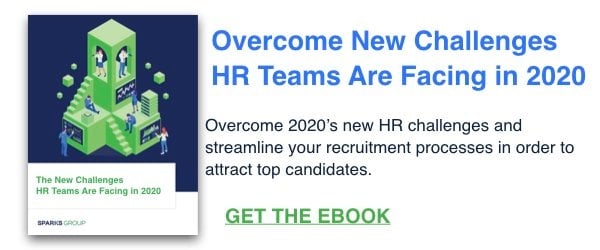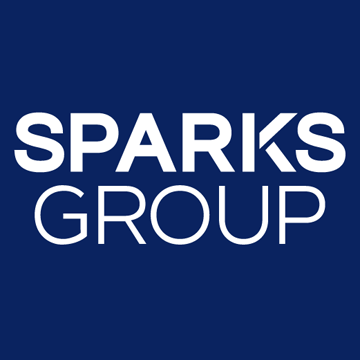
Employees are rarely in contact with human resource (HR) management except when an individual is either hired or terminated. However, human resource staff members and managers do much more than they get credit for. Furthermore, most companies wouldn’t be able to survive without talented HR employees.
Human resource management is responsible for planning, directing, and coordinating the administrative functions of a business. These departments also handle the recruiting, interviewing, and hiring of new staff.
At a higher level, HR departments also consult with top executives on strategic planning, bridging the gap between an organization's management and its employees. This is a crucial role in making sure organizations run smoothly, are able to hit target goals, and grow in the future.
Additionally, there are functions that are often overlooked when employees think of their human resource departments. Here are a few examples:
1. Salaries and Benefits
The salaries and benefits of employees are one of the most important parts of a successful company. Salary and benefits are a huge performance motivator and a method of attracting top talent, but they are also a major cost to businesses. That means they have to be managed carefully.
Human resource management is responsible for balancing and creating employee compensation packages that are enticing enough to keep employees at the firm as well as attract new hires.
When benefits are involved, HR staff are also responsible for organizing all benefits, whether that’s healthcare or retirement policies, and resolving any issues that arise with them.
2. Mediation
When a disagreement occurs within a company, HR often has to sort it out. This is particularly important if an issue arises between employees at different levels within the company—say between a manager and employee.
Being a mediator is a tricky balancing act. Even the simplest of issues can get out of hand when it comes to the workplace. HR has to find a way to settle the incident without causing irreparable damage to either the employees or the company.
3. Training and Orientation
Everyone wants new hires to find their footing quickly and contribute to work straight away. Some responsibility for this falls to the new employee’s line manager, but human resources will also play a role in orienting and on-boarding new staff.
But it’s not only fresh hires that need training. Company-wide training is vital if businesses want to continue to get the most out of their workers and it inevitably falls to HR to arrange training for every department as well as their own.
4. Staffing and Recruiting
Human resource management is also responsible for finding potential candidates, interviewing them and bringing them onboard. In a growing business, this can be an overwhelming job on its own.
Luckily, this is one area where human resource managers can leverage external help to make their job easier and improve the performance of their company.
By working with a professional HR staffing company, HR managers can outsource the process of finding suitable candidates to companies that can dedicate their time to headhunt the very best talent—something that is impossible for HR staff to achieve.
Learn More: Utilizing HR Staffing Companies: The Benefits of Recruiting Externally vs Internally
By leveraging a staffing agencies, HR managers and hiring managers don’t just reduce the burden of hiring on internal staff, they also ensure that their company gets the best candidates possible.
Sparks Group is a staffing and recruiting firm and a proven leader in human resource staffing. At Sparks Group, we leverage our HR staffing expertise to bring candidates and companies together to achieve success.
For more information on how you can leverage a human resource staffing and recruiting company like Sparks Group to find the best talent in your industry, arrange a free consultation with one of our recruiting experts today.







